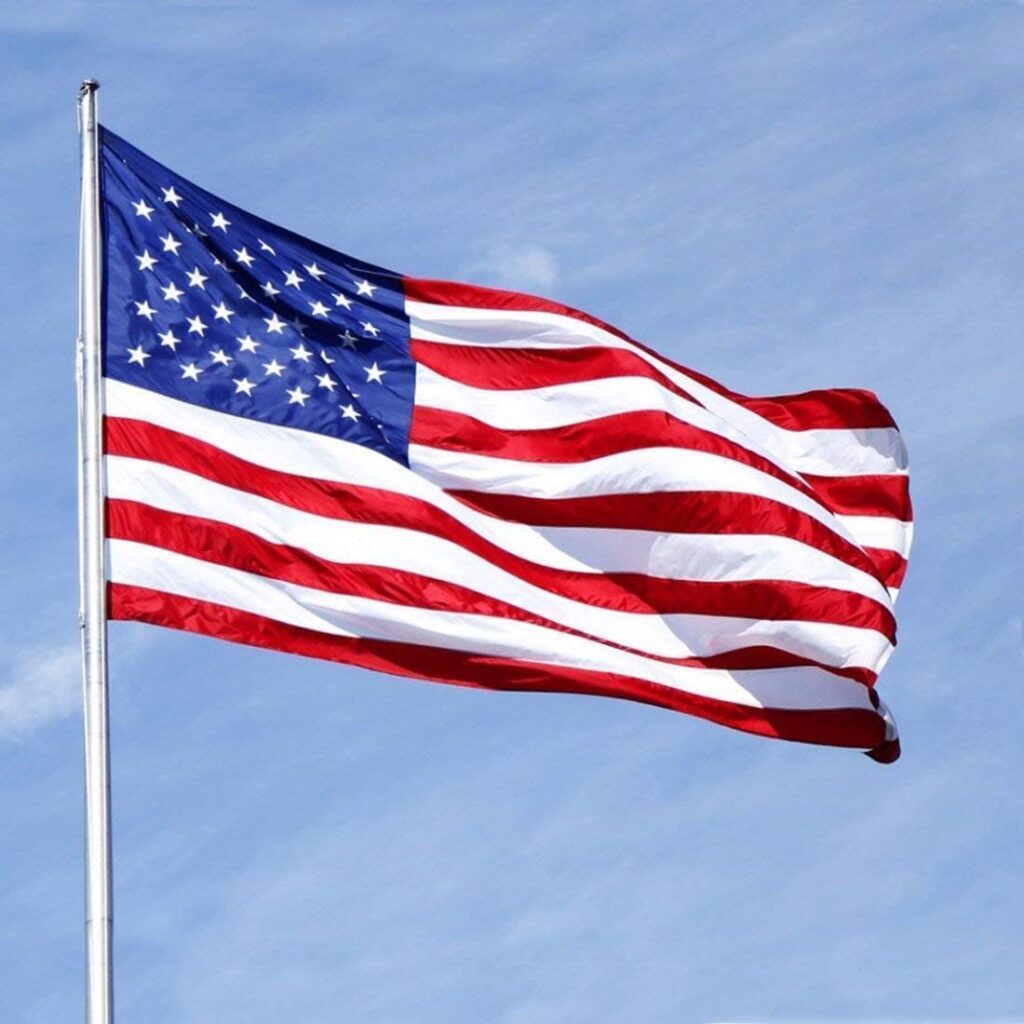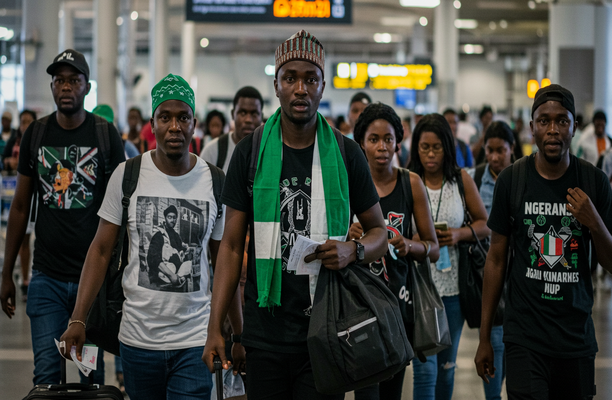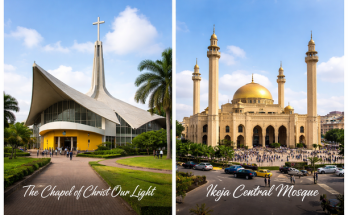By Bababunmi Agbebi
Nigerians abroad are grappling with growing immigration hurdles as countries tighten policies. We examine how it impacts Nigerian communities.
U.S. Crackdown: Nigerians Impacted

As of 2015, about 376,000 Nigerians lived in the U.S., making Nigeria the top African source of immigration. These immigrants contribute over $20 billion annually in remittances, according to 2023 World Bank data.
However, with President Donald Trump beginning his second term in January 2025, immigration enforcement has intensified. Trump revived plans to deport undocumented immigrants, particularly those with criminal records, calling them “criminal aliens.” Mass raids have followed in homes, schools, and workplaces. Some undocumented Nigerians have been detained and even mistakenly deported to countries like India and Guatemala.
This mirrors Trump’s 2020 policy, when Nigeria was added to a travel restriction list for failing to meet U.S. identity and data-sharing standards.
Fear and Legal Limbo
As enforcement ramps up, many undocumented Nigerians are avoiding public spaces. ICE reports that 3,690 Nigerians face deportation. One Nigerian immigrant said he had spent $35,000 trying to obtain legal status without success.
Though those with criminal records remain the focus, fear is widespread. In January 2025, Nigeria’s Ministry of Foreign Affairs confirmed 201 nationals in U.S. custody but noted the U.S. had not formally notified them of deportation dates, as required by protocol.
New Visa Limits
On July 8, 2025, the U.S. State Department introduced a new visa policy for Nigerians: most non-immigrant and non-diplomatic visas will now last just three months and allow only a single entry. Officials claim the move aligns with global security standards.
For Nigerians, this means reduced opportunities for travel, business, and family visits. Businesses may struggle with limited mobility, while families face growing disconnect. Proposed remittance taxes could further reduce funds sent home — a lifeline for many.
UK Tightens Its Borders

In the UK, similar challenges loom. In May 2025, Prime Minister Keir Starmer unveiled a White Paper titled “Restoring Control Over the Immigration System,” aiming to cut net migration by 100,000 annually.
Key proposals include:
- Longer settlement timelines
- Higher salary thresholds for skilled workers
- Shorter post-study work visas
- Stricter English language tests
- Reduced judicial oversight in immigration appeals
The UK government argues this will prevent misuse of Article 8 (right to family life) to delay deportations. However, these measures remain proposals and are not yet law.
Nigerians in Limbo
With tighter immigration policies on both sides of the Atlantic, many Nigerians in the diaspora face fear, uncertainty, and fewer opportunities. Those seeking education, career growth, or family reunification abroad now confront a far more challenging landscape.








